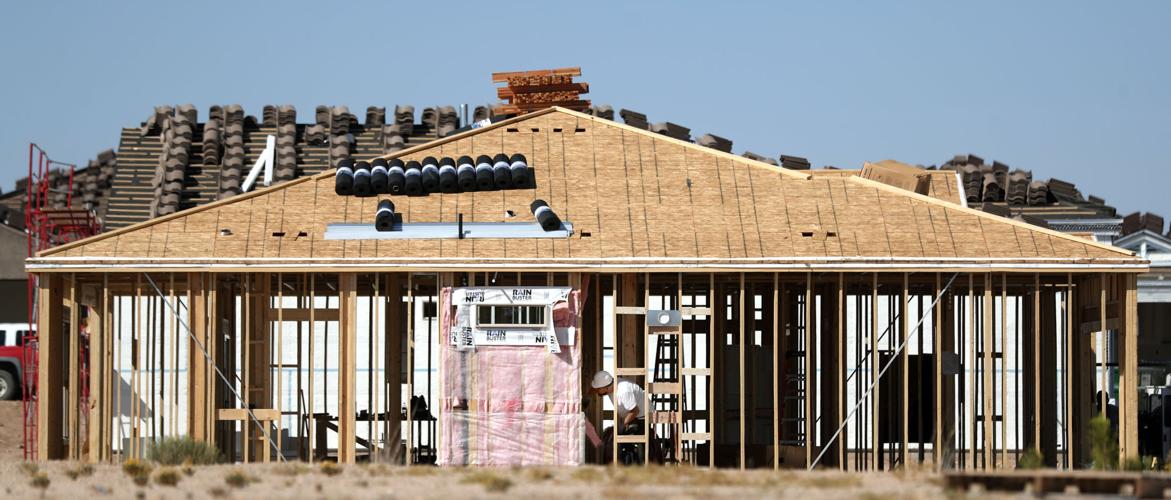The plan was to retire in two years and move closer to family in Tucson.
But when the work-from-home plan that began March 19 became a permanent situation, Scott Harra realized he didn’t need to postpone his relocation plans.
The 57-year-old is the executive vice president of marketing and government relations for a software and consulting firm in Portland, Ore. His couch, in neighboring Salem, has been his office for more than six months.
“When my supervisor said we’re never returning to our offices, I contacted my daughter,” said Harra, whose daughter, Kellie, is a real estate agent with Long Realty Co.
She convinced him to expedite his plans for moving to the Tucson area and helped him find a house where he can continue to work remotely for his company, Mass Ingenuity.
“I’ll definitely be saving on the cost of living like groceries are less expensive, and gas is greatly less expensive,” Harra said. “And, having mountains that I can see on a regular basis is important.”
Harra will close on his home in Oro Valley this month.
His story is one that is playing out in the Tucson market and driving both demand for rental units and new housing as the pandemic fuels migration.
A recent report by the Pew Research Center shows more than 20 percent of U.S. adults changed their residence or know someone who did because of the pandemic.
Urban dwellers, especially, are considering a move to less crowded cities with lower living costs.
Researchers at the Harris Poll found nearly 40 percent of adults living in urban areas would consider a move.
“Space now means something more than square feet,” Harris Poll CEO John Gerzema said. “Already beset by high rents and clogged streets, the virus is now forcing urbanites to consider social distancing as a lifestyle.”
The impact in Tucson is most visible in the aggressive home building going on in the area.
“Although the transition to working from home initially seemed temporary for many companies at the start of the pandemic, as months wore on more and more companies decided to incorporate remote work into their long-term plans,” according to FlexJobs, which specializes in remote jobs. “And this has scrambled the housing market like never before.”
Tucson has benefited because of the low cost of living and various suburbs.
“When location isn’t an issue, remote workers are free to search for homes that are more than just a place to rest their heads,” FlexJobs says.
Renters, who are currently priced out of their market, could buy a starter home from someone else if they are able to work from home permanently.
Homebuilders continue to pull permits for infill developments within the city and for larger communities in Marana, Vail, Sahuarita and Starr Valley.
New home permits this year through August totaled 2,756, compared with 2,529 for the same time period in 2019 — an increase of nearly 9%.
Real estate analysts say the outward-bound residential trend could continue as the pandemic persists and could increase if there’s a second wave of the virus in the fall, said Jadon Newman, CEO of Noble Capital, a private lending and equity firm.
That could result in prices falling in dense, urban areas.
“But it’s too early to count out urban areas altogether,” Newman said. “We’ve had other periods in history where cities survived societal and technological transformation.”





